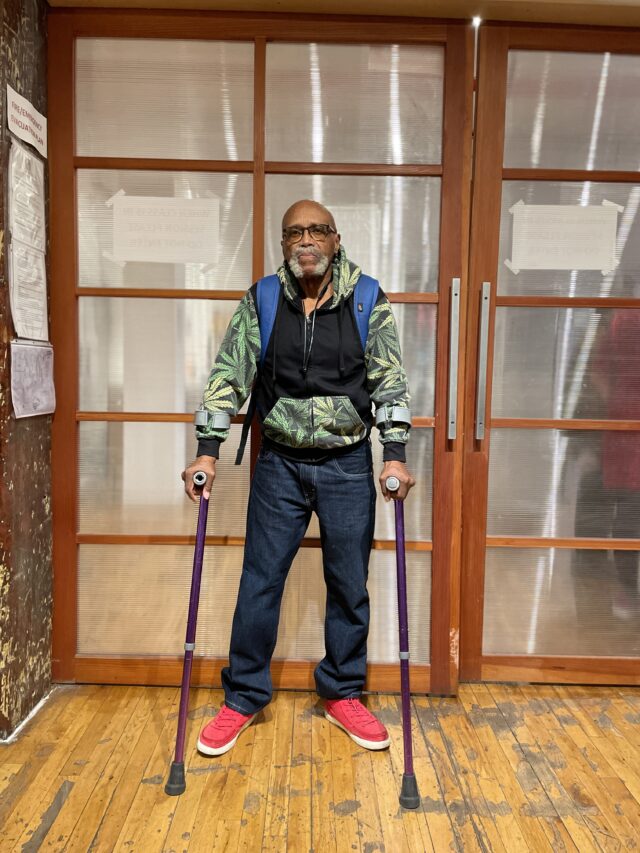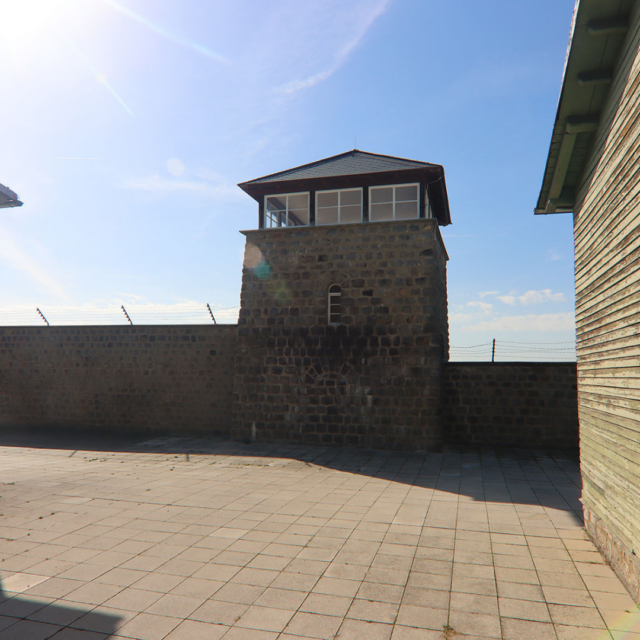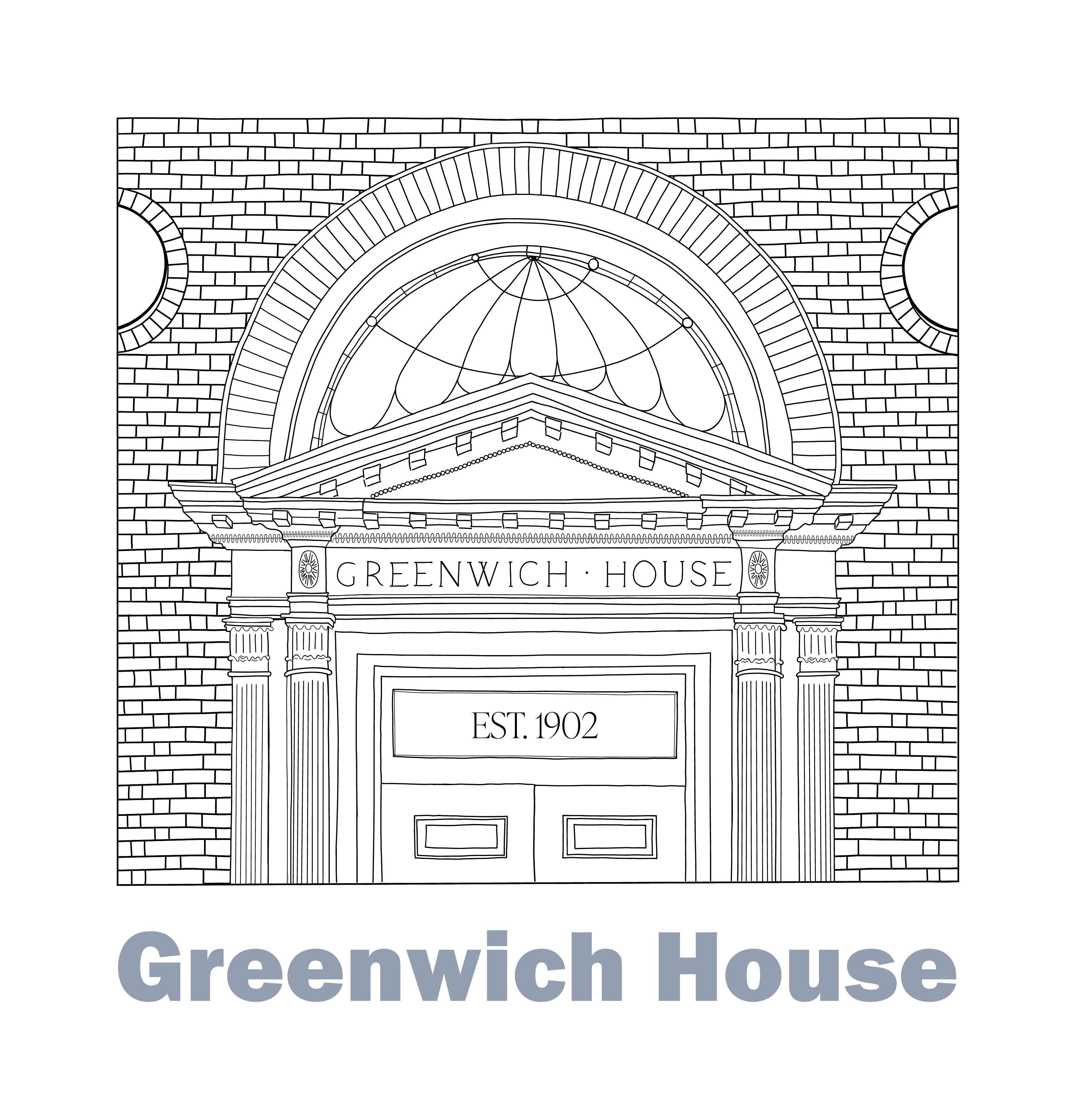Black History Month Spotlight: Arnold Hinton, Photographer and Westbeth Member
 In celebration of Black History Month’s “African Americans and the Arts” theme, we spotlight Arnold Hinton, a photographer and member of the GH Westbeth Older Adult Center.
In celebration of Black History Month’s “African Americans and the Arts” theme, we spotlight Arnold Hinton, a photographer and member of the GH Westbeth Older Adult Center.
Arnold’s photography focuses on social justice and humanity, drawing parallels between the racism and oppression experienced by Jews in concentration camps to the experience of African Americans.
Arnold recently visited concentration camps in Berlin and Vienna. “In America if you were Black, you were a slave, you picked cotton and sugar cane and that was it,” said Arnold. “But to see how the Germans built these camps/houses with sinks and toilets and wash basins for people that you were going to annihilate– to me, it made no logical sense.” Despite facing his own share of systemic barriers and societal prejudices, his work conveys a sense of activism and empathy, calling for a dialogue that bridges the past to the present.
Growing up, Arnold found solace and inspiration in drawing, a medium that allowed him to articulate his emotions. Influenced by Norman Rockwell’s depictions of American life, particularly “The Problem We All Live With”, Arnold found his passion in photography after taking a course at Pratt Institute and discovering storytelling through the lens of a camera. “Creativity is a natural talent. Being an artist is like the emperor who has no clothes on, because when you create something and let it free, the world will see it as whatever it is, and they will give critiques, good or bad,” he said. Through his photography, he continues to seek out the positive while offering his own perspective on history and identity.
In addition to his photography projects, Arnold will soon publish his latest book, “Only the Birds Know.” The story shares Arnold’s observations during his visit to a concentration camp, noting that not a single bird flew over the site. Upon further research, Arnold discovered the birds perished due to consuming the corpses tainted with lethal gas residues. “This was the type of situation where your mind keeps flipping as to why? The only way we can be a better society is that we acknowledge, no one is asking that you continually feel bad about it,” said Arnold.
To aspiring Black artists, Arnold recommends, “If you approach art from a position of say, a creative lifestyle of business, which is to achieve money then, stop pursuing the life of art. This you do because you love it. Artists take employment to keep creating music, painting, writing, etc.”
Photos by Arnold Hinton
Shown from left to right: Gun and Lookout Tower, Barbed Wire Fence, Dachau Concentration Camp, Walking with Daddy, Visiting Family at Dachau Concentration Camp, Shooting Area, A Place of Peace, and Dachau Concentration Camp







